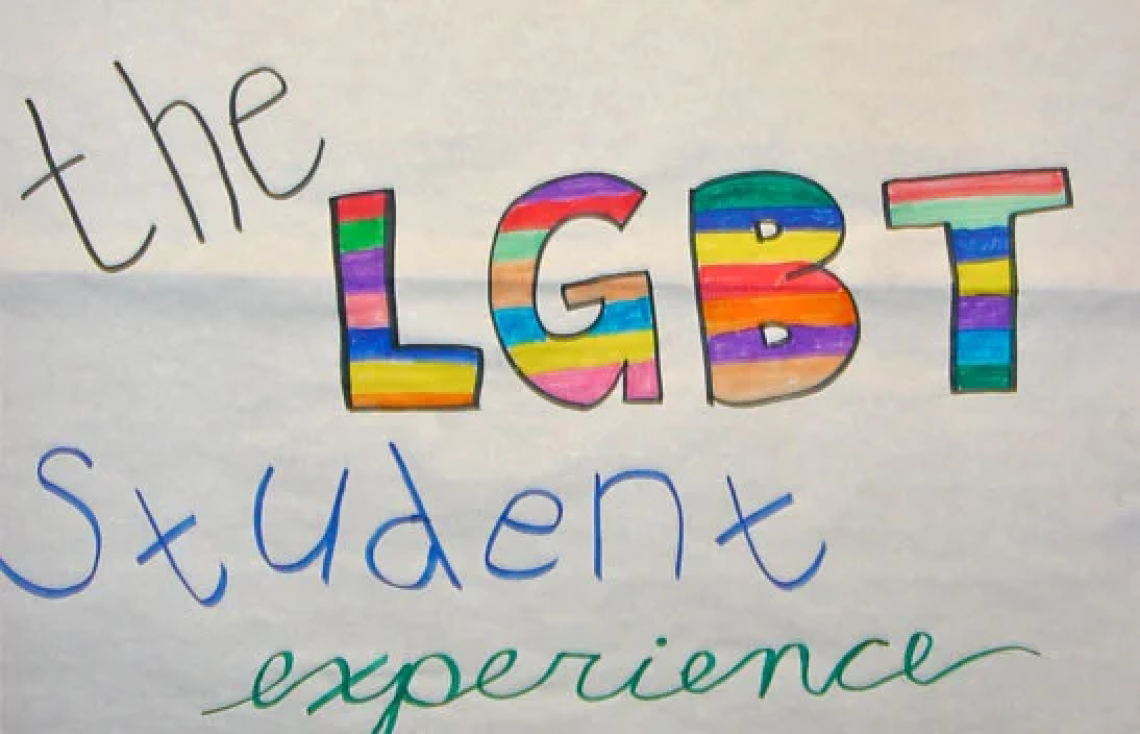Understanding LGBTQ Student Experiences: Insights and Perspectives
Everyday, thousands of LGBTQ students go to schools where they often feel unsafe being their authentic selves. Although more students now identify as LGBTQ, up from 11% in 2015 to 26% in 2021, the majority of these students still report hearing anti-LGBTQ remarks, have school policies that disproportionately and negatively affect LGBTQ students, and face many forms of discrimination on a regular basis. According to GLSEN’s 2021 National Climate Survey, LGBTQ students continue to face discrimination, bullying, and lack of teacher support in their schools.
These students deserve to participate in education systems that are supportive and safe so they have an equal chance at succeeding and graduating from high school. The American Psychological Association reports that LGBTQ youth are three times more likely to drop out of school and also experience higher discipline rates (54% compared to 34%) than their non-LGBTQ peers. “Ultimately, victimization, absenteeism and discrimination may also increase LGBTQ students’ risk of contact with the justice system. LGBTQ students who reported high levels of victimization, absenteeism or discrimination were more likely to have been involved with the justice system as a result of school discipline.”
What can school administrators, teachers, and staff do to help make a difference for LGBTQ youth that feel school is not a safe place for them? There are proven, positive actions that everyone can take to ensure that our LGBTQ youth feel safe, supported, and loved so they too can have a rewarding education with the opportunities to succeed into a productive adulthood. With the passage of the Inclusive Curriculum bill in Washington State, schools will be required to teach LGBTQ history and perspectives starting in 2025 which is a great step forward in supporting students.
Equity policies, proper usage of pronouns and chosen names, and creating safe spaces are additional ways educators can support their students. The videos that follow include interviews with LGBTQ students who describe how meaningful and impactful supportive education can be for students and teachers alike.*
*Note: All students were provided media releases to allow for the use of their interviews in social media, YouTube, blogs, and articles. Two of the three students were 18 and signed the releases themselves and one had the parent sign the release. Due to the heightened risk of social media, especially for marginalized community members, the risks associated with media releases were discussed prior to starting the interviews. However, discussions of benefits of these videos for LGBTQ youth and their peers also occurred and it was decided by each interviewee that the benefits to the LGBTQ community outweighed the risks. We applaud the courage and dedication these three students have towards educating their community members in the importance of inclusive schools.





